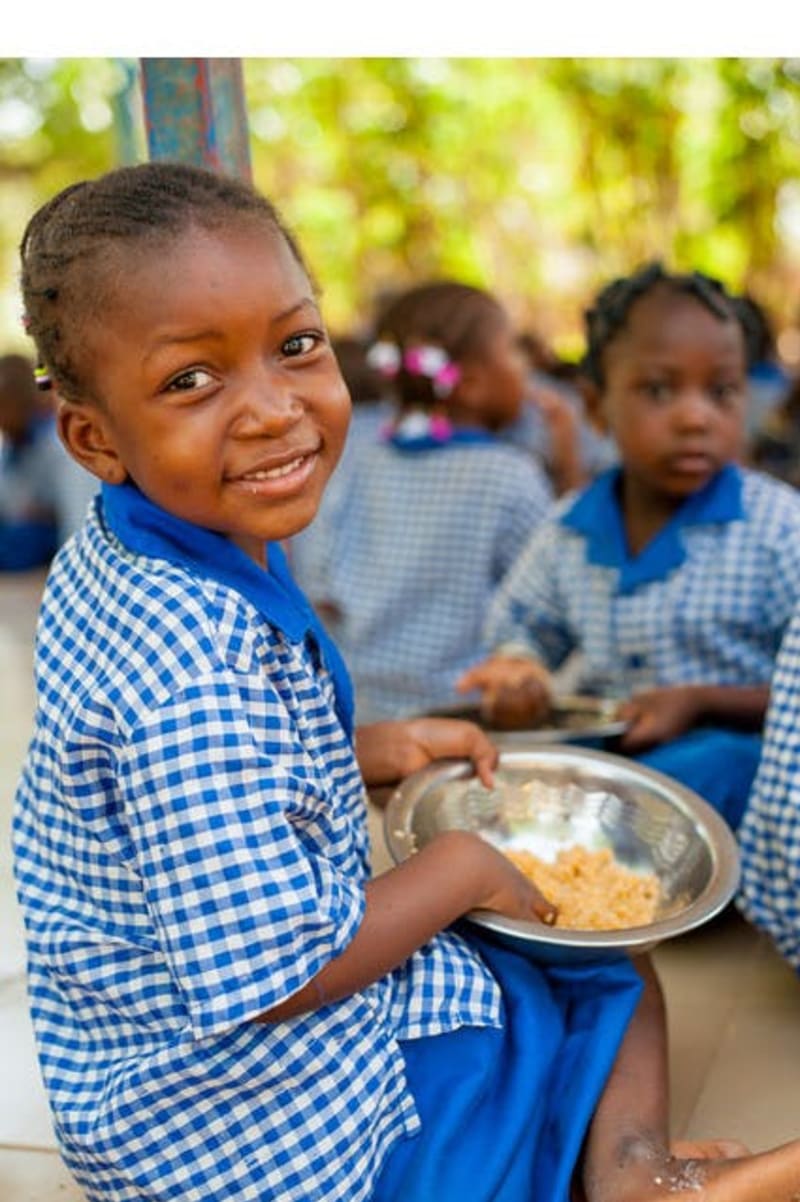ABOUT THE PROJECT
Most of the residents of Burkina Faso are employed in self-sustaining farming, which is usually small-scale. This creates a very vulnerable situation for the families. With the depletion of soils and climate change affecting crops, the need for farmers to adapt their cultivation methods and crops to the new conditions is increasing.
Traditionally, people live on nutritious, organic, locally produced and nutritious food with good fats, without sugar, and meat only at ceremonies and parties. That is to say what many in countries like Sweden idealize and long for. The risk of transitioning from the self-sustaining farming to a market society is that what is bought is downright harmful. At the national level
in Burkina Faso, one of the world's poorest countries, we already receive alarm reports on dangerous over weight, cardiovascular disease, and diabetes. How do we prevent this from reaching the village but at the same time create food security?
A first direct investment to ensure that we have no malnourished children in the village is the school meal with nutritious food every day as well as fruit time in both preschool and school. There are also preventative programs by providing reliable information about nutrition at the youth reception, maternal care, as well as at preschools and schools.
We are planning on a train the trainer education for school dining staff and restaurant staff so that they can also train the rest of the population, for example, at parent meetings.
All efforts made are planned to be sustainable and take us closer to a more sustainable lifestyle. Awareness of how production and consumption patterns affect both health and the environment is one of our favorite issues!
In addition to investments in climate-adapted agriculture, the stark truth is that families cannot just secure their situation through investments in agriculture. We must help families to diversify their incomes. Also a seed bank needs to be set up to overcome bad harvests etc.
